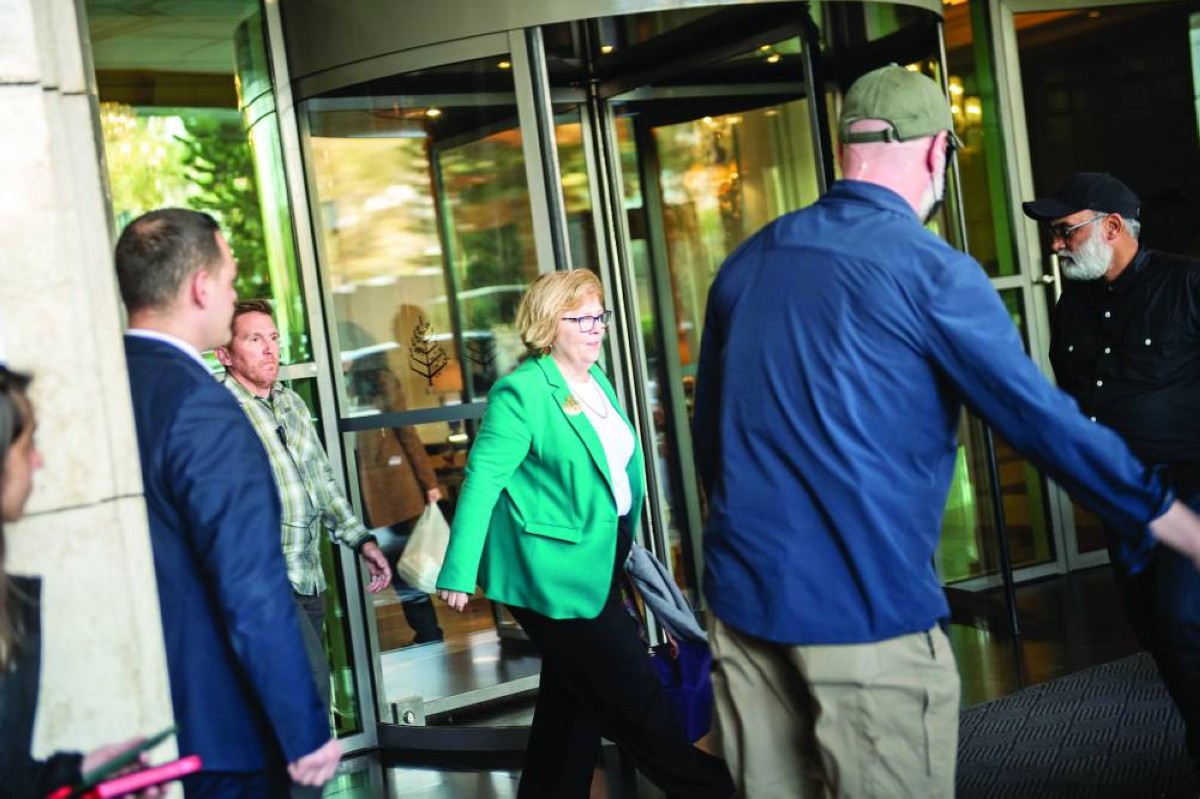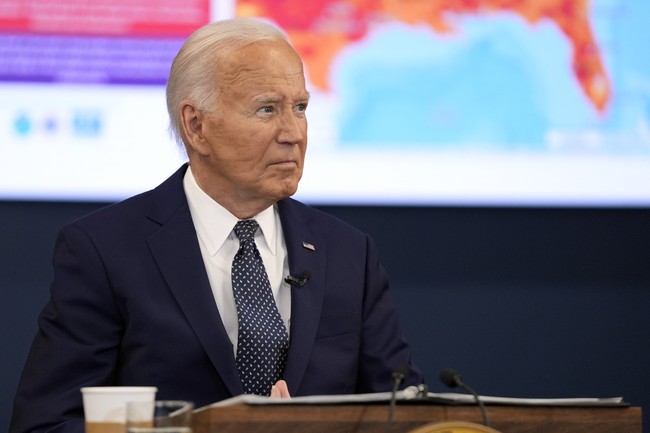Turkiye's Diplomatic Shift in Syria Raises Global Interest
As Syria undergoes a monumental political shift, Middle Eastern and global actors mobilize, opening new diplomatic channels and sparking celebrations in many Syrian cities.
Published December 15, 2024 - 00:12am

Image recovered from arabnews.com
The geopolitical landscape in the Middle East is undergoing a significant transformation following recent developments in Syria. After more than a decade of conflict, the fall of President Bashar al-Assad's regime signifies a new chapter in the history of the region. This momentous event has prompted Turkiye, a major player in Syria's ongoing saga, to reopen its embassy in Damascus, closed since 2012. The reopening, occurring nearly a week after Assad's ouster, marks a critical shift in diplomatic relations and reflects Ankara's strategic influence and ambitions in the region.
Turkiye's role has been pivotal throughout Syria's civil war, notably through its support of the Islamist group Hayat Tahrir al-Sham (HTS) with whom it maintained a pragmatic relationship. This relationship has come under the spotlight following the group's surprising success in the campaign against Assad's forces. The Turkish Foreign Minister, Hakan Fidan, emphasized the importance of coordinating with Russia and Iran to ensure they did not militarily intervene against HTS's advances, thereby facilitating a significant shift in the power dynamics within Syria.
As diplomatic envoys and foreign ministers from Western, Middle Eastern, and Arab nations convened in Aqaba, Jordan, to deliberate on Syria's future, the celebrations within Syria were palpable. Public displays in cities like Damascus, Homs, and Idlib, were vibrant, with citizens rejoicing over the symbolic victory over Assad's lengthy authoritarian governance. The use of fireworks and the presence of crowds in public squares underscore the nationwide sentiment of liberation and hope for a more peaceful future.
In parallel with Turkiye's diplomatic maneuvers, the United States has acknowledged engaging directly with HTS, despite its earlier classification of the group as a terrorist organization in 2018. This contact signifies a potential recalibration of U.S. policy and highlights the complex reality of resolving Syria's conflict and supporting a non-sectarian transition government. Secretary of State Antony Blinken reiterated the necessity of ensuring human rights within this emerging framework, signaling a cautious endorsement contingent on the actions of HTS and Syria's new administration.
The departure of Assad prompted immediate responses from the international community. The European Union, long a substantial provider of aid to Syria, expressed its intention to engage with Syria's new governing entities. European diplomats articulated hopes for a transition to a peaceful, inclusive, and representative political system in Syria, aligned with broader humanitarian and developmental goals. These aspirations aim to rectify years of oppression and hardship endured under Assad's regime and stimulate the rebuilding and reconstruction of a fractured nation.
Amidst these diplomatic flurries, Syria faces stark internal challenges. While euphoria marks the streets, logistical and humanitarian concerns loom large. Basic needs remain difficult to meet due to inflation, ongoing sanctions, and the war's remnants. The international community's role, including bodies such as the United Nations and the Red Cross, will be critical in navigating the balance between political transitions and addressing human vulnerabilities.
As nations worldwide process the implications of Assad's downfall, they maintain a cautious eye on the future. The Israeli and Turkish military activities within Syria raise questions about regional stability and security. The tensions between Israel and Hezbollah further complicate matters, highlighting the need for careful engagement from international players to prevent exacerbations of conflict.
Ultimately, Turkiye's diplomatic act coupled with the intricate geopolitical interplay in Syria underscores a broader narrative of restoration and renewal. The open question remains how the new Syrian authorities will navigate this landscape and establish a durable peace that resonates with the aspirations of its diverse citizenry. As the world watches closely, the unfolding events in Syria are a poignant reminder of the enduring complexities of achieving peace and stability in a region scarred by decades of conflict.







